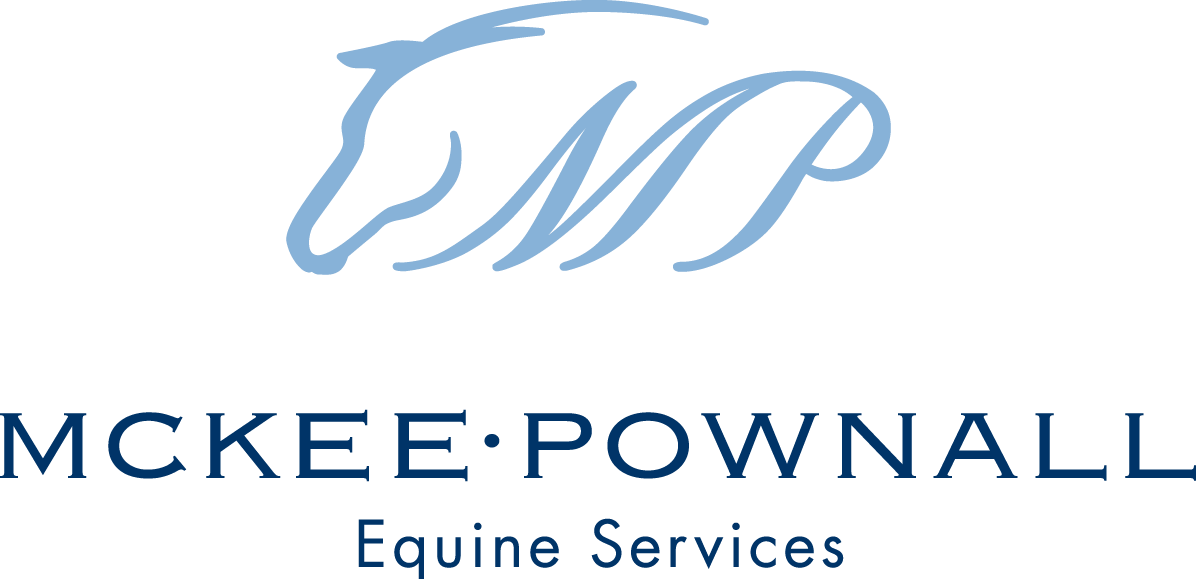Can you offer information on the vaccine recommendations for my horse?
Springtime is the natural season for vaccination since the transmission of infectious diseases is highest when conditions are warm, horses are moving around and mixing at competitions, and mosquito populations are thriving. Here is a primer on recommended vaccines for horses in Southern Ontario.
Rabies- This virus is transmitted in saliva through bites from an infected animal. It is 100% fatal in humans, horses, and just about any other mammal, and we see cases every year in Southern Ontario due to an active wildlife reservoir. Vaccination is very effective and economical.
Encephalitis (EEE, WEE, West Nile)- These diseases are carried mainly by birds and transmitted to horses by mosquitos. We see cases of EEE and WNV every year, with a peak in the late summer/early fall season. The EEE/WEE and WNV vaccines are quite reliable and well-tolerated.
Tetanus- Horses are highly sensitive to this fatal disease, caused by a bacteria that is ubiquitous in farm environments. Annual boosters are recommended because exposure can occur any time there is a puncture wound in the foot or body.
Influenza- Influenza is a viral respiratory disease that causes fever, depression, and general respiratory signs. It is very contagious and it is mandatory for any horse competing at the FEI level to have documented boosters every 6 months. Vaccination provides some short-term protection and reduces transmission rates of this disease, recommended twice annually for competition horses.
Rhinopneumonitis/Herpes (EHV-1)- You may be surprised to hear that most horses are exposed to this virus early in life and can become contagious again when stressed. It can cause respiratory disease, abortion, and severe neurologic complications. Vaccinated horses tend to get less sick and there is preventative value against abortion, most importantly it cuts down on the number of infectious particles shed in nasal secretions. Unfortunately, no vaccine protects against the neurologic form of this disease. It’s increasingly common for horse show facilities to insist on proof of vaccination for “Flu-Rhino” to gain entrance to the grounds.
For more information on EHV visit the OAHN website fact sheets at http://oahn.ca/resources/equine/equine-herpesvirus-1-factsheet-for-horse-owners/
Strangles- Strangles pops up every year in Southern Ontario, outbreak control is heavily reliant on good biosecurity whenever a case is diagnosed. The intranasal vaccine provides the best protection against strangles, but does have to be handled very carefully and carries a higher complication rate compared to typical intramuscular vaccines for other diseases.
There are other vaccines in use for Leptospirosis, Rhinitis, and Potomac Horse Fever. Appropriate selection and expected level of protection varies by region and should be discussed with your local vet to determine if your horse is a candidate for vaccination.

